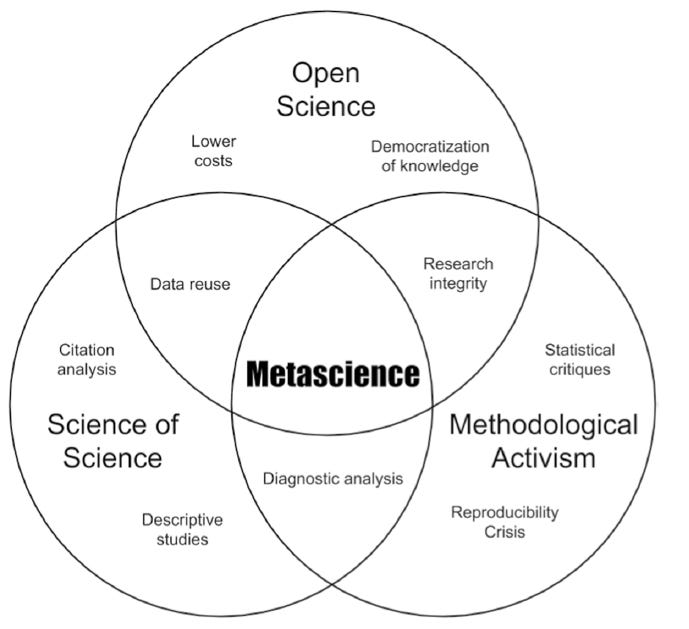In the first talk of the Metascience Symposium, Professor Mark Rubin from Durham University shared his ideas on the replication crisis and science reforms. He argued that failed replications are not a crisis but can lead to new discoveries. Rubin pointed out that replication rates can vary across different fields, so the “crisis” idea might not always apply.

Prof. Rubin also talked about citation bias, where researchers might only cite studies that agree with their views, creating a false sense of agreement. He suggested a more balanced approach to using research in papers.
Prof. Rubin explained that the replication crisis has led to group polarization, where scientists adopt narrow views about what good science looks like, especially in psychology. He also talked about transparency in research, saying we need to share only relevant data and avoid overloading others with unnecessary information.
In conclusion, Prof. Rubin called for a more open and flexible approach to science reform, where different methods and ideas are respected. His talk challenges us to think more deeply about the replication crisis and science reform, encouraging us to reflect carefully before making changes.
Author: Assemgul Kozhabek